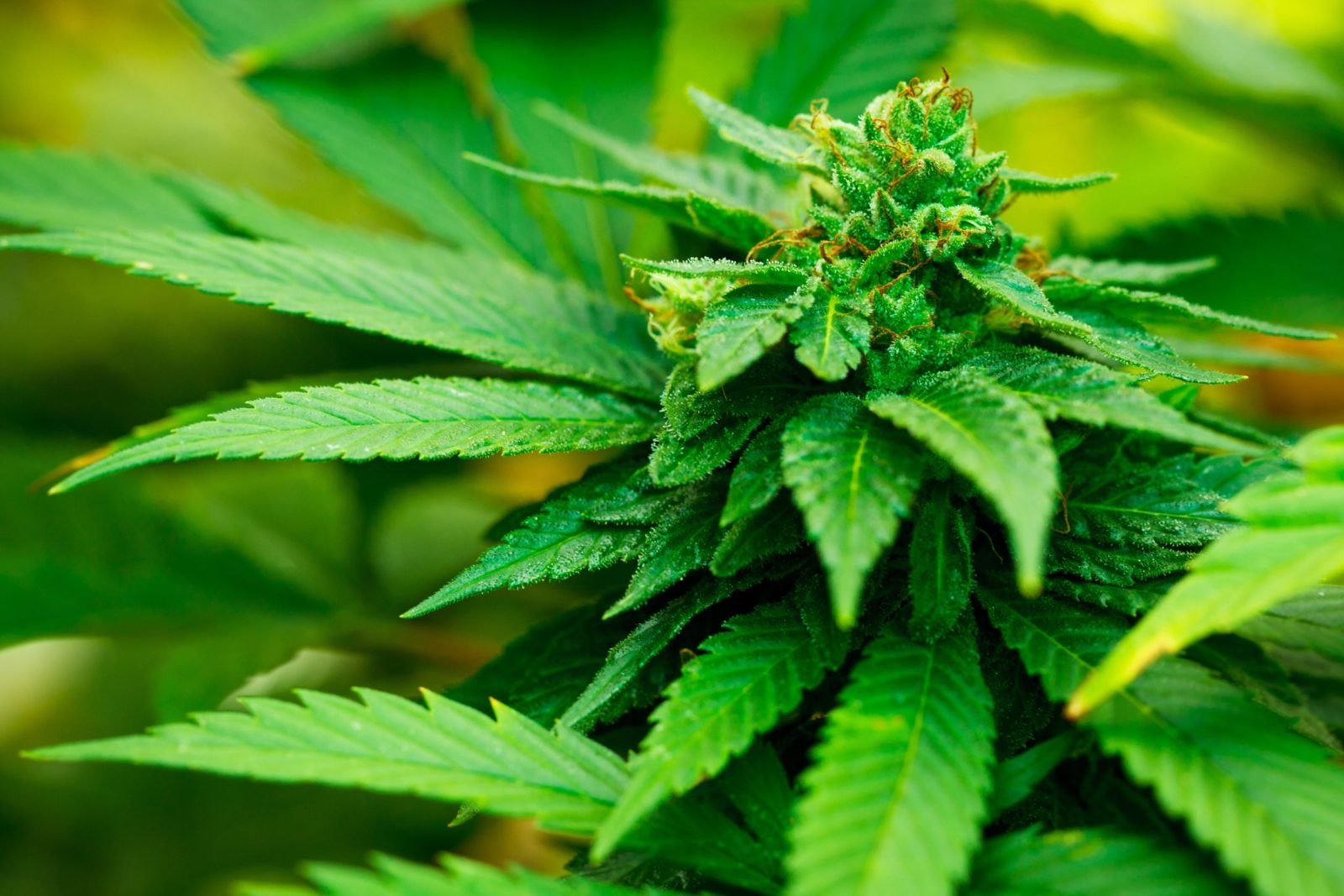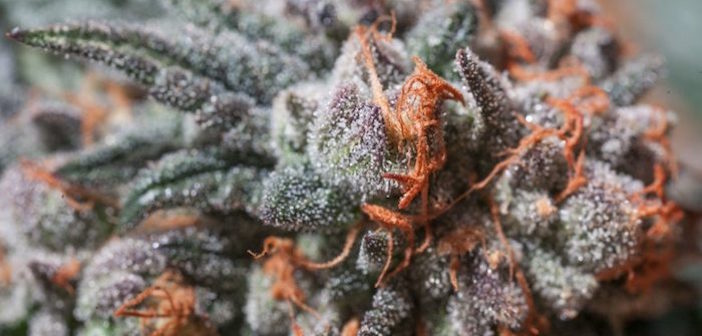Syndros, a liquid marijuana substitute that contains a synthetic version of the marijuana ingredient that makes users feel high (THC), has been assigned a less restrictive drug category than real weed.
The liquid is developed by Arizona-based pharmaceutical company InSys Therapeutics, the company behind synthetic opioid Fentanyl, which is around 100 times more powerful than morphine.
Syndros was previously granted approval from the Food and Drug Administration (FDA), and received a Schedule II classification from the Drug Enforcement Administration (DEA) as of March 23. For those keeping track at home, regular marijuana currently holds the same Schedule I classification as heroin — meaning that it has a “high potential for abuse” and “no accepted medical use.”
Despite pleas, the DEA has rejected two attempts to reclassify marijuana over the past year, although the agency seemingly had no problem giving Syndros the lower-grade Schedule II categorization — meaning that it places users at, “an increased risk of experiencing serious adverse events,” and could “potentially result in an overdose.”
Controversially, InSys Therapeutics last year donated $500,000 to a successful campaign aimed at defeat of a possible legalization of marijuana in Arizona. At the time, the company said that legalization would fail to “protect the safety of Arizona’s citizens, and particularly its children.”
A number of people associated with the company have been in trouble with the law, too. Back in December, InSys’ former CEO and a group of six other former executives were arrested for allegedly bribing doctors, defrauding insurance companies, and more. 40-year-old former CEO Michael Babich was arrested on conspiracy to commit racketeering, and other crimes.
According to federal prosecutors in Massachusetts, InSys was responsible for dishing out massive bribes to physicians operating pain clinics so that they would prescribe Fentanyl to non-cancer patients.
We’re guessing that we haven’t heard the end of this particular story just yet…
credit: 420intel.com












